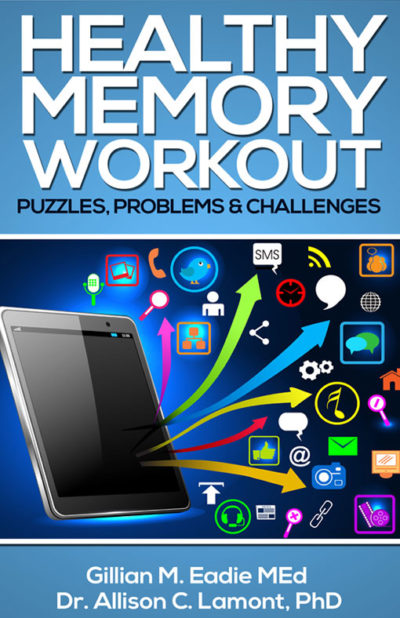Step up to better balance
Negotiating steps with confidence requires strength, power and good balance.
Luckily this skill is easy to improve and maintain.
The Classic Step-Up
- Find a step or stair to use

Step-Up
It can be outside or indoors but choose one that provides support (a wall or rail) to rest your hand on to help with your balance.
(As you gain more confidence you’ll be able to do it ‘hands free’.) - First, you need to master the foot tap – simply tap the ball of your foot on the top of the step, alternating your feet.
- When this is no problem, progress to stepping up and standing upright with both feet on the step before stepping back to where you started. Repeat the full step-up starting with the opposite leg this time.
-

Advanced option
An advanced option is to step on to the top of the step with one foot and lift the knee of the other leg without grounding it. Step back off the step and repeat, leading with the other leg.
Begin with 6 of these and build it up to 12-20 on each leg.
Stacking the Zzzzs
We all how good it feels to wake up having had a refreshing night’s sleep. What you may not be aware of is that chronic sleep deprivation is linked to hypertension, heart attack, hormone imbalances, mood disorders and even premature death. To give yourself the best chance possible of getting deeper and less-interrupted sleep, try following these six tips:
- Prepare for sleep with dim lights and relaxing, quiet activities.
- Try a light protein snack to help the brain create melatonin and serotonin.
- Try to go to sleep and wake at consistent times to regulate hormones.
- Artificial light can confuse your body. Use blackout curtains, cover digital clocks and use a weak flashlight for bathroom trips in the night.
- Under no circumstances work on any screen (for example i-pad or phone) in bed!
- Try to have the lights out by 10 p.m. Traditional Chinese medicine says the hours between 10 p.m. and midnight are crucial for rejuvenation.
 Check out other great tips from Kris Tynan
Check out other great tips from Kris Tynan
Ngā mihi nui
Kris Tynan
Programme Director
Exercise as Medicine NZ





Hi
I’ve many times heard the stricture that you should not use a tablet or phone in bed before going to sleep. I am interested to know if this applies to doing work on them or simply reading, and why it is important.
I have books loaded onto my phone and I have always found it helps me to get to sleep by using my phone (not a tablet, it’s too big) to read once I am in bed and wanting to fall asleep. Usually in short order my eyelids start drooping and I am able to put the phone down (if it doesn’t fall down) and almost immediately (within 30 seconds) fall asleep.
But my technique involves a couple of important facets. Using a phone is a one handed operation, and I have rotation of the screen removed. This means I can lie on my side in the sleep position rather than sitting up, so my body is completely relaxed. Also my phone is able to page forward with a single press on the volume key, so there is almost zero movement of my fingers let alone any other part of my body.
For me this just works.
David, i find it great too. I use Libby, it always sends me to sleep.